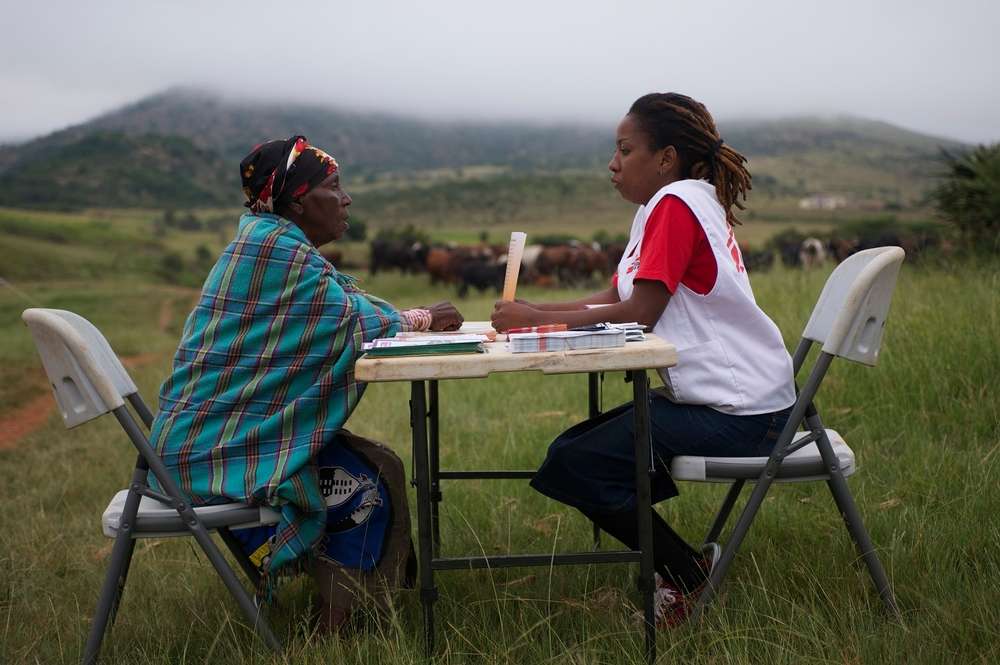In a bid to prevent infection from the Coronavirus among TB/HIV patients in Eswatini; Doctors Without Borders/Médecins Sans Frontières (MSF) has introduced the use of technology to reduce the risk of contact for patients. It has since provided smartphones to its patients.
MSF has been fighting the dual HIV and TB in Eswatini since 2007. It has been working for years with community-based models of care, to provide better access to care for patients in rural areas.
In the midst of the Covid-19 pandemic; the organisation; says it is bringing care even closer to the patients homes, to limit visits to health centres and unnecessary journeys by public transport. Among the most at-risk patients are those suffering from multi-drug-resistant TB (MDR-TB).
“To protect them, we have started using new technology called Video Observed Therapy (VOT). This means that patients who had to be supervised in person by a community member or health worker when taking their medication (as per the treatment protocol) now film themselves taking their medicine with a smartphone;” explains MSF in its statement outlining how they are responding to Covid-19.
The patients; MSF says are provided with a smartphone that is equipped with a secure application through which they can send the video to a nurse.
“The nurse checks the video and follows up with the patient if there is a problem or if the video does not arrive. We are currently treating 40 MDR-TB patients, the majority of whom will be using VOT;” explains Dr. Bernhard Kerschberger, MSF Head of Mission in Eswatini.

The organisation has also put into place a small mobile TB clinic for MDR-TB patients, consisting of a driver and a nurse, which visits patients at their homes to carry out medical check-ups, and bring them food and refills of drugs. Before, patients had to pick up their food and drugs at the health centres.
MSF says the organisation now also provides counselling and treatment support sessions for patients and medical consultations with doctors for those who need it by telephone.
“The countrywide partial lockdown put in place by the government has forced us to pause our preventive activities, such as mobile HIV testing points at events, workplaces and community gatherings. We are instead focusing on distributing and educating people on how to use HIV self-tests” explains Dr. Kerschberger
Eswatini has currently recorded 184 cases of Covid-19, 28 recoveries and 2 deaths.


